How Ludmila Gurchenko Lived: From Communal Apartment to Three-Room Flat Near Patriarch's Ponds
Why the actress disliked dachas, lived among antiques, and slept with a poodle
Main points from the article:
In her youth, she lived in a communal apartment and never rented even a room in a hotel — she saved money;
She decorated her home like a stage: antique furniture, lamps, draperies, mirrors;
She managed the household herself but couldn’t fix appliances and called in craftsmen;
She never liked country life — everything was in her apartment;
In the last years of her life, she almost never left the house and slept on a sofa next to her dog.
From Communal Apartment — to Her Own "Stage"
When the 1956 film Carneval Night made 21-year-old Gurchenko a pan-Soviet star, she lived in a small communal room with her mother in the very center of Moscow. Despite fame, moving to separate housing didn’t happen immediately: the actress was often invited for tours and shoots, but she tried not to stay in hotels — for savings. Money went towards costumes, records, and gifts. Her first TV set was bought several years after her fame.
Later, when she had her own home, she transformed it into a personal theatrical set. The living room was her stage — there stood a piano, furniture with history, antique armchairs, many mirrors, table lamps, and even tapestries. She hung her own posters, photos, old portraits on the walls, and above the entrance door was a quote from a musical: "Lusya, you are a star!"
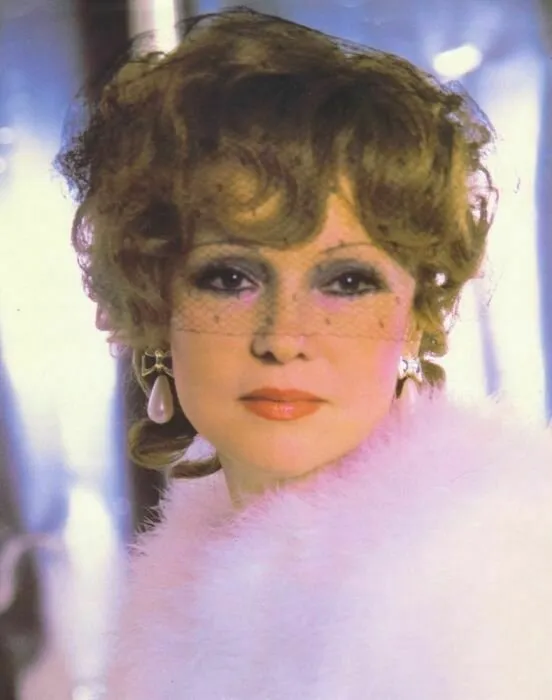 Photo: pinterest.com
Photo: pinterest.com
Antiquities, Crystal, and the Art of Drapery
Gurchenko didn’t like minimalism. She believed a home should be rich in textures: velvet, lace, glass, wood. Her flat near Patriarch's Ponds resembled both a museum and a dressing room. She hung heavy curtains with linings to make it feel soft. Candlesticks stood on the windowsills, and even in winter, fresh flowers were always on the kitchen table.
Her personal weakness was shades and lamps. Each corner had its own light. This gave her apartment a theatrical feeling, where every lighting detail created the right mood.
Everything for the Dacha and Garden
5200+ Stylish Products
Dacha? No thanks. Moscow and the Stove Only
Unlike many of her colleagues, Gurchenko didn’t own a dacha. “I need everything within reach,” she said. “I’m a city person. I don’t rest when I’m resting.” She didn’t know how to do anything around the house — not fix outlets or drill holes in walls — but she didn’t let cleaners into her home. She did everything herself: ironed, washed floors, sorted mail. It was her ritual — "owning oneself".
She didn’t cook often, but she knew how: rich soups, meatballs, herring under a fur coat — "just like mom’s." She adored tea with jam, especially cherry. The kitchen had Soviet-era pots, and there was always a cozy mess — an open jar of honey, clean apples in a bowl, fresh press.
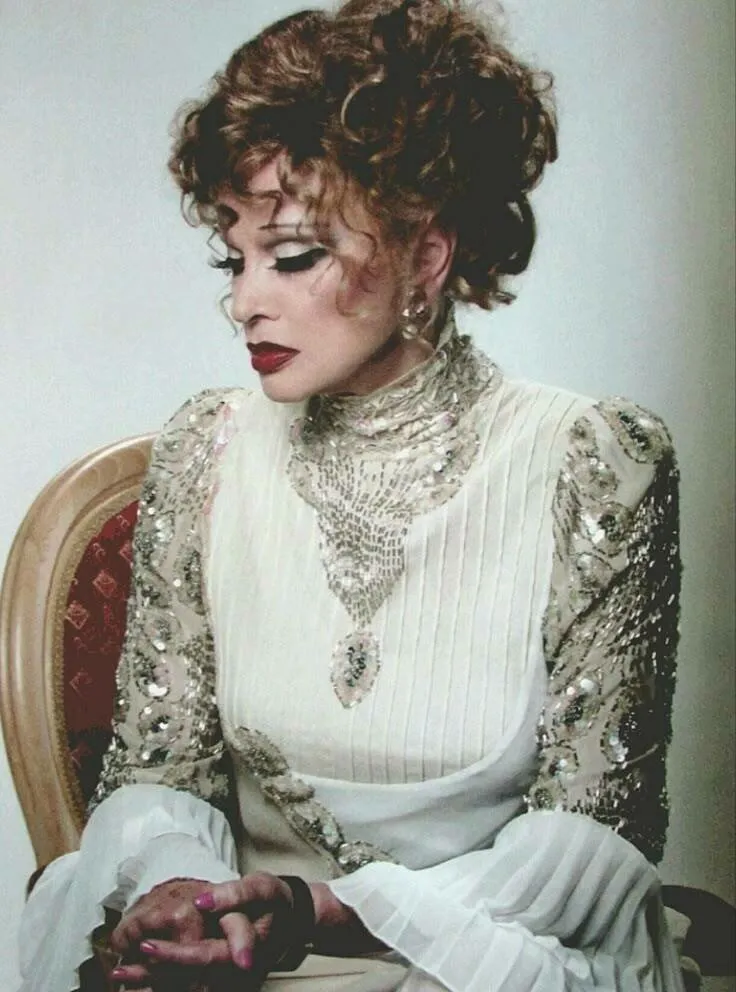 Photo: pinterest.com
Photo: pinterest.com
Slept Next to Her Dog and Tried Not to Age
In the last years of her life, Ludmila Markovna spent time in that same flat near Patriarch's Ponds. She practically never went outdoors, but every day she did her hair, dressed with taste, wore beads and even heels at home. She slept not in the bedroom but on a sofa in the living room — next to her white poodle Fanny, whom she adored.
Her day was scheduled by the hour: in the morning — press, tea, calls. Then — personal care, reading letters from fans. In the evening — movies, sometimes her own, sometimes classics. “Home is not a place but a mood,” she liked to repeat.
Coziness as a Reflection of Character
Gurchenko’s home was a little theater, a little study, and a little memory. Everything in it had meaning: a magazine table, a gift from her husband, a piano where she composed music, dishes bought in Georgia. It wasn’t just interior design — it was an autoportrait.
She didn’t strive for modernity. Her phone was old, with a cord. She didn’t like social media or used a computer, but she read letters carefully and wrote replies by hand. She lived like a star of an era — with light, texture, and memories.
Gurchenko passed away in 2011, but her flat remained — as a stage where her voice echoed until the last moment. And in that was all the comfort: in the blend of grandeur and personal warmth.
Cover: pinterest.com
Need a renovation specialist?
Find verified professionals for any repair or construction job. Post your request and get offers from local experts.
You may also like
More articles:
 The Forty-Footed House on Bегovaya Street: How the Building Stood on Its Legs
The Forty-Footed House on Bегovaya Street: How the Building Stood on Its Legs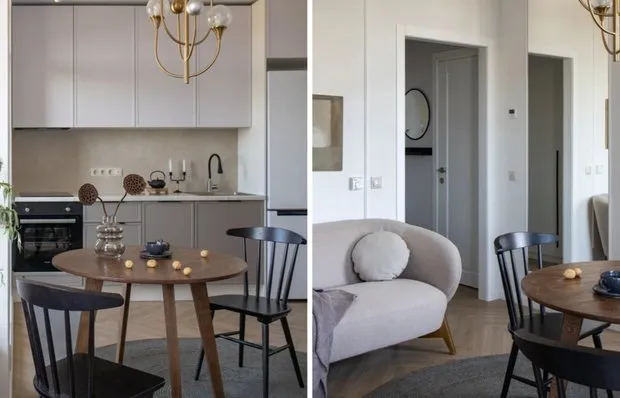 How to Style and Functionally Arrange a Small Apartment: 8 Great Ideas
How to Style and Functionally Arrange a Small Apartment: 8 Great Ideas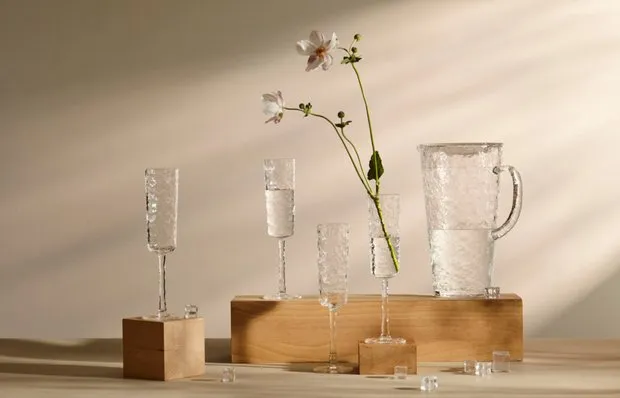 Stylish furniture, dishes and textiles: 10 trendy finds
Stylish furniture, dishes and textiles: 10 trendy finds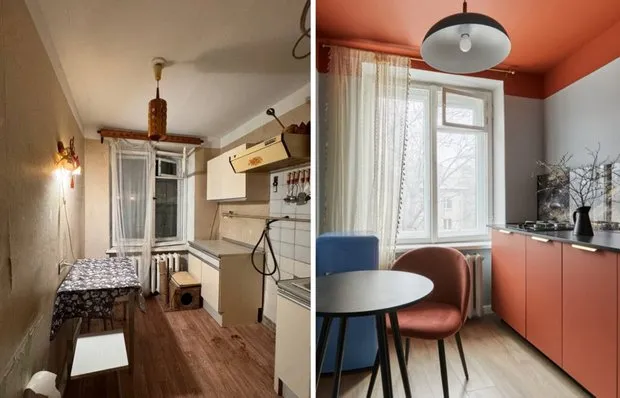 Before and After: Stunning Transformation of a 'Bored' Kitchen in a Brezhnev-Era Apartment
Before and After: Stunning Transformation of a 'Bored' Kitchen in a Brezhnev-Era Apartment 9 Classy Design Solutions Inspired by a 47 m² Studio Apartment
9 Classy Design Solutions Inspired by a 47 m² Studio Apartment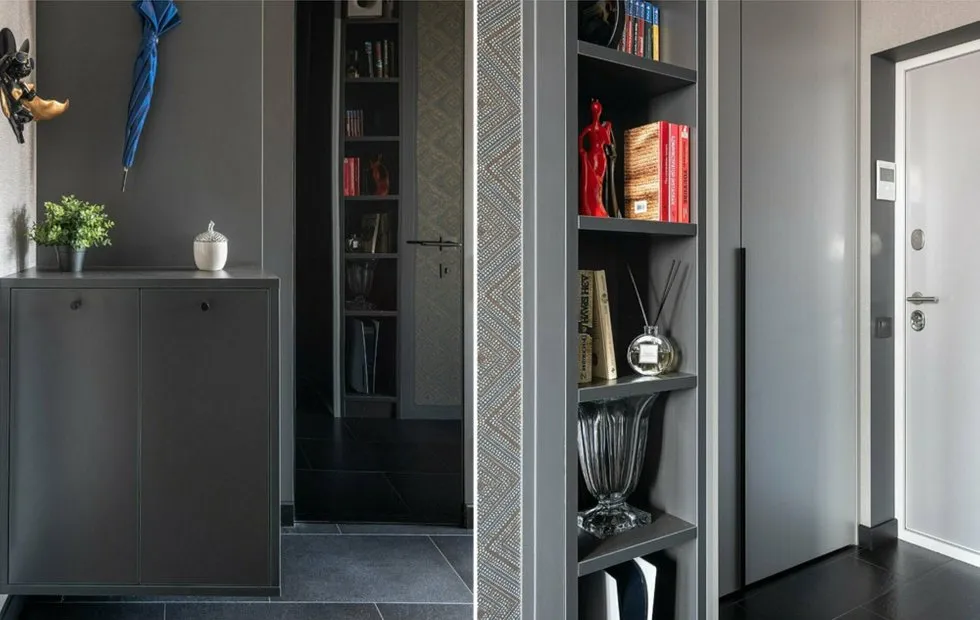 Small Entryway Won't Be a Problem Anymore: Designer Tips for 3 sq. m
Small Entryway Won't Be a Problem Anymore: Designer Tips for 3 sq. m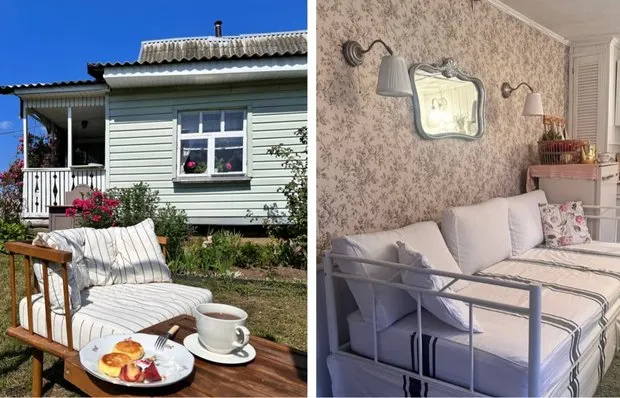 How to Transform a 75 m² Bare Cottages into a Cozy Country Cottage on a Budget
How to Transform a 75 m² Bare Cottages into a Cozy Country Cottage on a Budget Secrets of Chongqing: The Most Unexpected Facts About This Multi-Level City That Will Shock You
Secrets of Chongqing: The Most Unexpected Facts About This Multi-Level City That Will Shock You